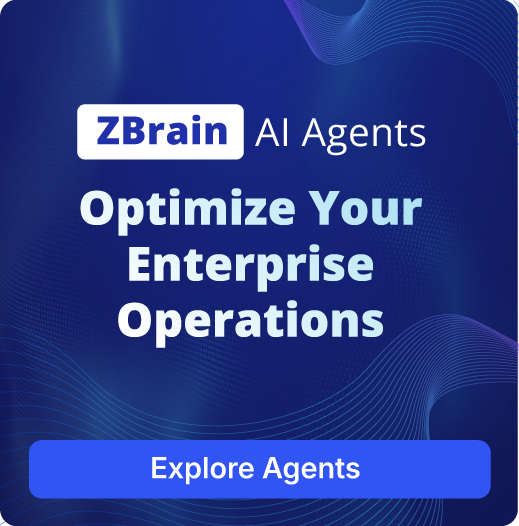By centralizing exception analysis and enforcing compliant actions, the agent minimizes operational errors, ensures auditability, and reduces regulatory exposure.
Enhance Compliant Decision-Making
- Synthesizes regulatory requirements and institutional policies into clear guidance.
- Evaluates the financial, regulatory, and operational impact of each exception.
- Maintains a complete and auditable trail for all resolution activities.
Minimize Operational Errors
- Pinpoints the underlying root cause of trade discrepancies with high accuracy.
- Analyzes historical resolution data to identify and flag recurring issues.
- Provides consistent, standardized remediation steps to prevent inconsistent handling.
By automating the entire manual investigation process, the agent frees up operations teams to focus on high-value exception management and strategic tasks.
Automate Manual Investigation
- Automatically ingests and correlates data from trade requests, audit logs, and compliance reports.
- Eliminates the need to manually search through emails, chat transcripts, and case notes.
- Synthesizes all relevant findings into a single, context-aware summary for review.
Streamline Stakeholder Collaboration
- Generates role-specific summaries tailored for sales, operations, risk, and compliance teams.
- Automatically distributes tailored resolution steps to the correct stakeholders.
- Provides a centralized, real-time view of exception status and corrective actions.
By instantly analyzing complex data and generating clear action plans, the agent dramatically shortens the time from exception detection to final resolution.
Accelerate Root Cause Analysis
- Applies retrieval-augmented LLM reasoning to instantly identify underlying issues.
- Processes structured and unstructured data sources in parallel to find correlations.
- Reduces diagnostic time from hours or days to just minutes.
Expedite Exception Remediation
- Generates optimized, step-by-step remediation plans for immediate action.
- Delivers clear, actionable guidance directly to the responsible teams.
- Prioritizes exceptions based on their evaluated financial and operational impact.





